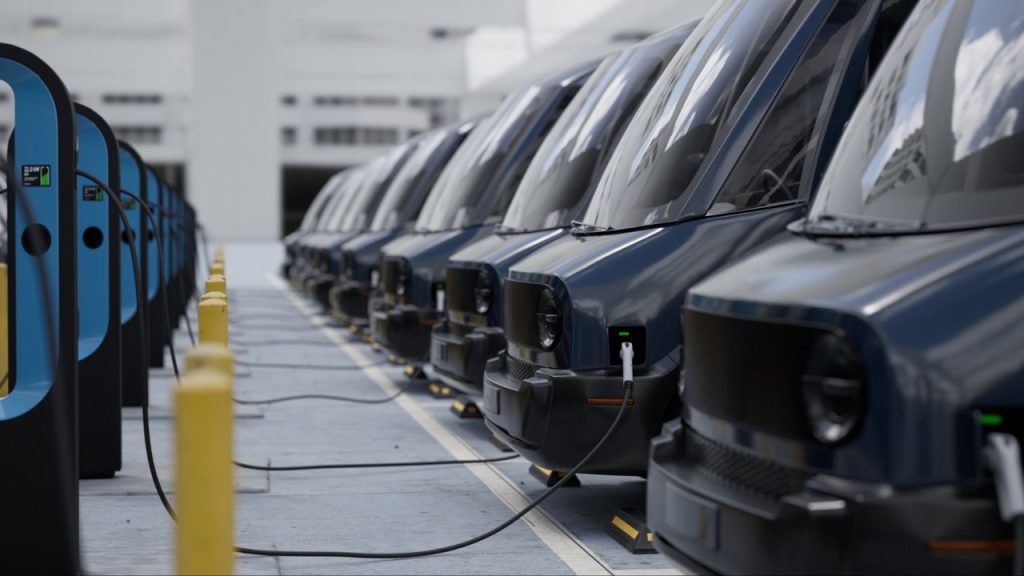The Future of Electric Cars and E-Mobility: A Sustainable Revolution
Electric vehicles (EVs) have come a long way since their inception. With advancements in technology, the future of EVs is looking brighter than ever. From smart grid integration to revolutionizing urban mobility, electric cars are poised to transform the way we travel and contribute to a sustainable future.
Smart Grid Integration: Powering the Future
One of the key factors driving the future of EVs is smart grid integration. As more and more EVs hit the roads, it becomes crucial to manage the increased demand for electricity. Smart grid technology allows for efficient charging and distribution of power, ensuring that EV owners can charge their vehicles conveniently without overburdening the grid.
Smart charging stations equipped with advanced software and communication capabilities enable EVs to charge during off-peak hours when electricity demand is low. This not only reduces strain on the grid but also helps to optimize energy consumption and minimize costs for EV owners. With smart grid integration, EVs can become an integral part of the energy ecosystem, contributing to a more sustainable and reliable power supply.
Revolutionizing Urban Mobility
Electric cars have the potential to revolutionize urban mobility. With increasing concerns about air pollution and congestion in cities, EVs offer a cleaner and more efficient alternative to traditional combustion engine vehicles. The future of urban mobility lies in embracing electric cars and creating an infrastructure that supports their widespread adoption.
Electric vehicles are not only environmentally friendly but also quieter, making them ideal for reducing noise pollution in cities. With advancements in battery technology, EVs now offer longer ranges and faster charging times, making them more practical for everyday use. As charging infrastructure continues to expand, EV owners will have more confidence in traveling longer distances, eliminating range anxiety.
Furthermore, the integration of electric cars with ride-sharing and car-sharing platforms can significantly reduce the number of vehicles on the road, further alleviating traffic congestion. Electric, autonomous vehicles can be deployed as part of a comprehensive mobility solution, offering convenient and sustainable transportation options for urban dwellers.
A Sustainable Revolution
The future of EVs and e-mobility is not just about individual vehicles but also about creating a sustainable transportation ecosystem. Electric cars can be integrated with renewable energy sources such as solar and wind, enabling a clean and green way of transportation. By leveraging these renewable resources, EVs can reduce their carbon footprint and contribute to a more sustainable future.
Moreover, the widespread adoption of electric cars can lead to a reduction in greenhouse gas emissions, helping to combat climate change. As governments and policymakers worldwide prioritize sustainability, incentives and subsidies for EVs are becoming more common. This, coupled with falling battery costs, makes electric cars an attractive option for consumers, further driving their adoption.
In conclusion, the future of electric cars and e-mobility holds immense promise. With smart grid integration, urban mobility revolution, and a focus on sustainability, electric vehicles are set to transform the way we travel. As technology continues to evolve, we can look forward to a future where electric cars are the norm, contributing to a cleaner, greener, and more sustainable world.


